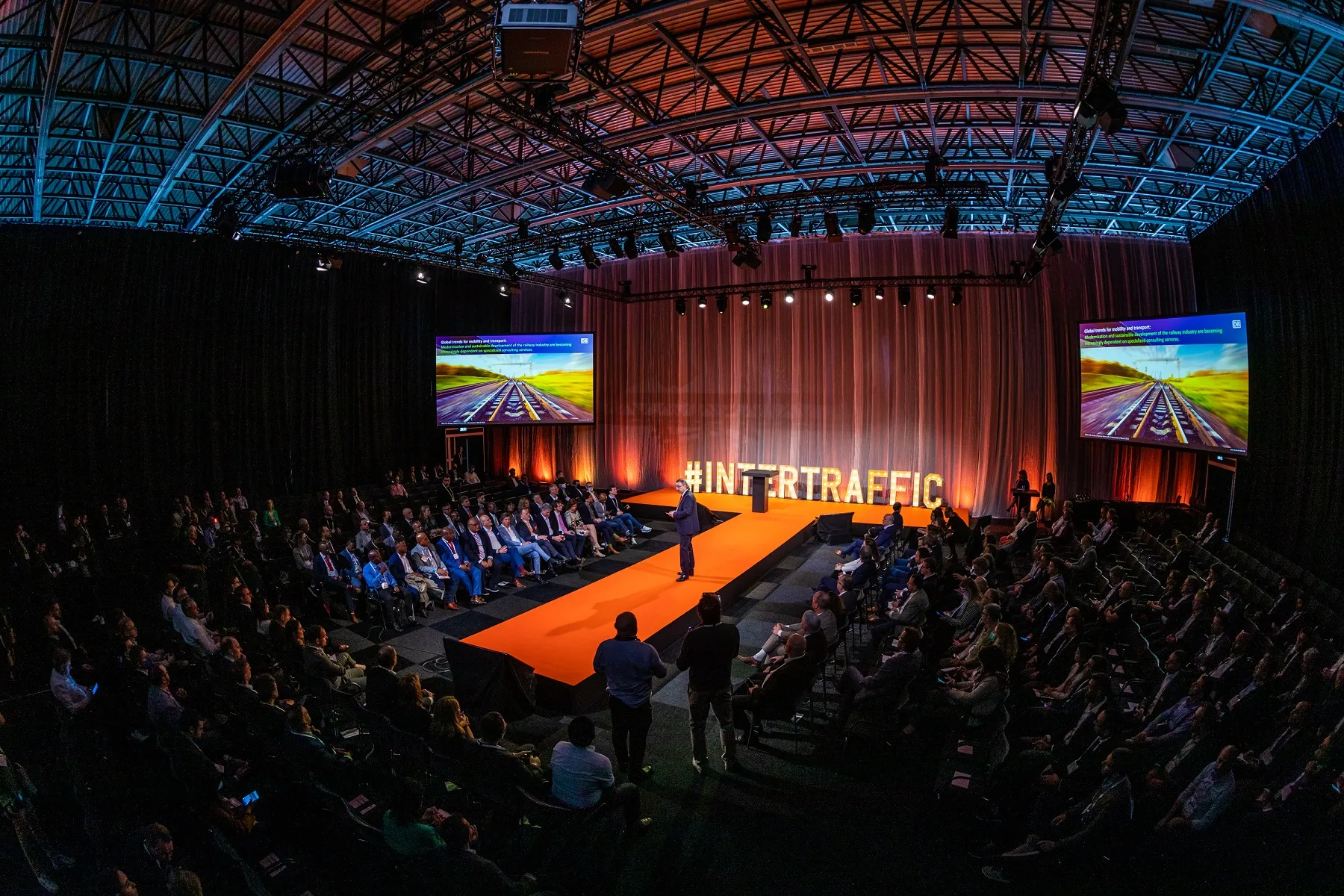Setting the scene for this year’s World Card Summit, CARTES Network Exhibition Director Isabelle Alfano stated that the changes brought about by smart cards “could be more significant than those brought about by the Internet revolution”.
November 20, 2013
Read time: 1 min

Setting the scene for this year’s World Card Summit, CARTES Network Exhibition Director Isabelle Alfano stated that the changes brought about by smart cards “could be more significant than those brought about by the Internet revolution”.
However, the challenges faced in bringing security to a very fast-growing sector were highlighted by Eurosmart’s Chairman Oyvind Rastad: the most commonly used personal password in the world is 123456, he said, with “more security-conscious individuals” opting for 12345678.
The solution, Rastad continued, is to replace passwords with fully end-to-end security solutions. The magnitude of the need is underscored by the fact that 7.7 billion smart secure shipments are expected in 2014. Rastad’s comments set the scene for an enlivened debate over Opportunities and Threats for the Secure Digital Industry.
Alex Green, Senior Research Director at IHS, led a panel including Morpho’s Phillipe d’Andrea, Giesecke & Devrient’s Axel Deininger, Infineon Technologies’ Stephan Hofschen, Oberthur Technologies’ Didier Lamouche, NXP Semiconductors’ Steve Owen and Gemalto’s Olivier Piou.
However, the challenges faced in bringing security to a very fast-growing sector were highlighted by Eurosmart’s Chairman Oyvind Rastad: the most commonly used personal password in the world is 123456, he said, with “more security-conscious individuals” opting for 12345678.
The solution, Rastad continued, is to replace passwords with fully end-to-end security solutions. The magnitude of the need is underscored by the fact that 7.7 billion smart secure shipments are expected in 2014. Rastad’s comments set the scene for an enlivened debate over Opportunities and Threats for the Secure Digital Industry.
Alex Green, Senior Research Director at IHS, led a panel including Morpho’s Phillipe d’Andrea, Giesecke & Devrient’s Axel Deininger, Infineon Technologies’ Stephan Hofschen, Oberthur Technologies’ Didier Lamouche, NXP Semiconductors’ Steve Owen and Gemalto’s Olivier Piou.









